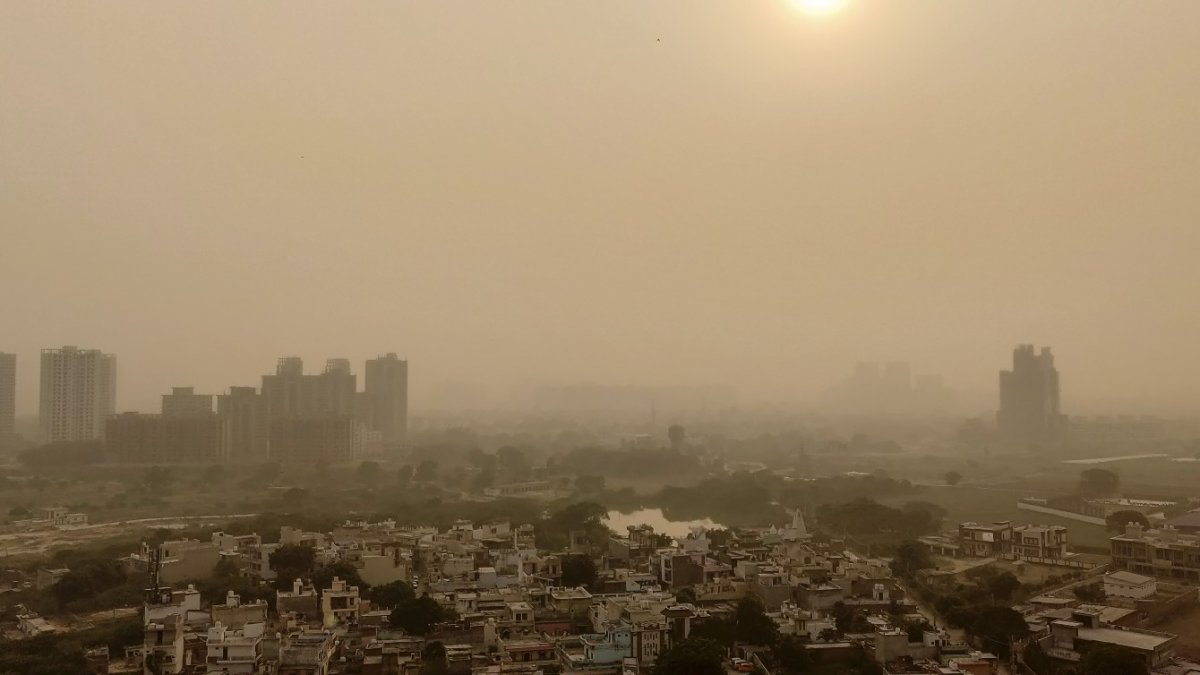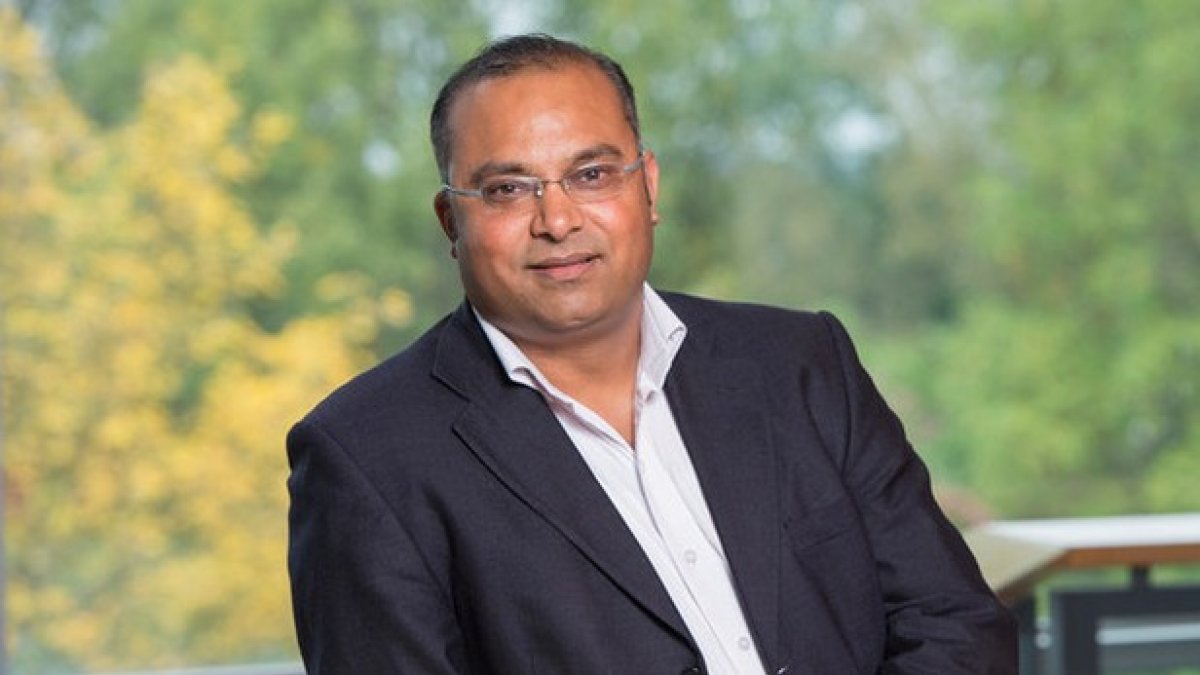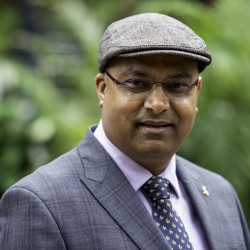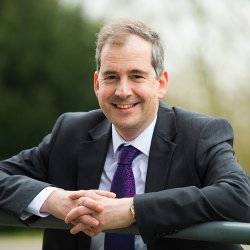Surrey research helps fight air pollution in India
Children in India will be the latest to benefit from a brochure developed in the University’s Global Centre for Clean Air Research (GCARE).
In June, Professor Prashant Kumar and colleagues in GCARE published the guidance booklet, Mitigating Exposure to Traffic Pollution in and around Schools: Guidance for Children, Schools and Local Communities. This outlined 10 easy-to-action recommendations that communities can follow to improve the quality of the air in and around schools.
The booklet has since been translated for partner institutions in China, Brazil and Colombia. Now, the guidance is about to extend its global reach with publication in India.
Dire need
“The Society for Indoor Environment (SIE) is a body of intellectuals and experts in the field of air quality management from several prestigious institutions in India,” says Dr Radha Goyal, the Secretary of SIE. “One of its main objectives is to create awareness among different stakeholders to reduce their exposure to different air pollutants indoors as well as in an ambient environment.
“Professor Kumar shared the English version of the guidebook with us, and SIE endorsed it and translated it into other regional languages, including Hindi, to increase its outreach.”
“There’s a dire need of such easy-to-action and meaningful publications in India, especially for children, as the majority of Indian cities are in the list of most air polluted cities across the world.”
International coalition
Another partner in India is just as enthusiastic about the brochure and its potential impact.
“We met Professor Kumar during his visit to Chandigarh and planned to work together,” says Dr Suman Mor, chairperson of the Department of Environment Studies at Panjab University, Chandigarh, and the former coordinator of the Centre for Public Health. “He came to know about our work on Kids, Vaayu and Corona comics, which were released by the Indian Health Ministry in March to create awareness and motivate children to help prevent the spread of Covid-19. This led to the natural collaboration of the school guidebook.
“The brochure and its simple steps to combat air pollution seemed like a natural point of coalition between us.”
“We hope to share it with schools, parents and children, plus other stakeholders working for children's welfare. It’s a small step, but it can pave the way to initiate action for air pollution reduction.”
Increased outreach
Professor Paul Smith, Executive Dean of the Faculty of Engineering and Physical Sciences, added: “I’m delighted to see the work of GCARE reaching out to India in Hindi, a language spoken by nearly half of the population.
“It extends our collaboration with our Indian partners, which goes back the best part of ten years, and has been an exemplar of international collaboration.”
Find out more about studying at Surrey’s Department of Civil and Environmental Engineering.




